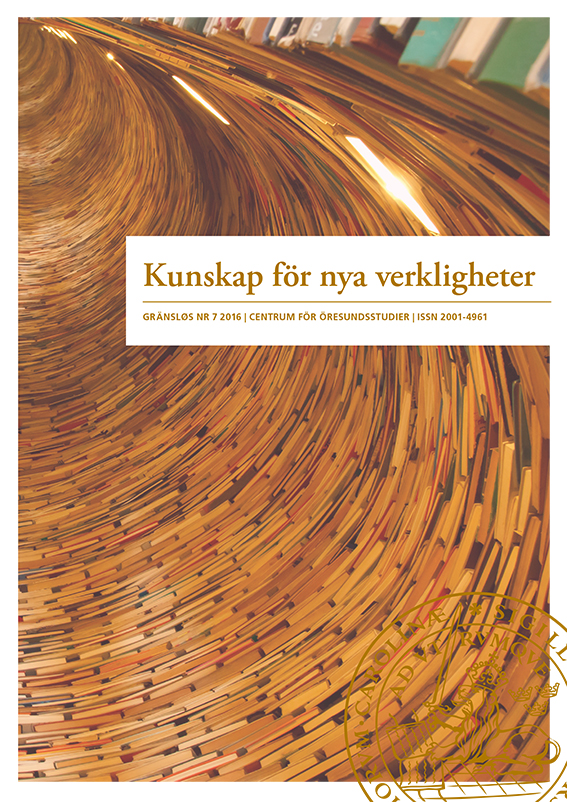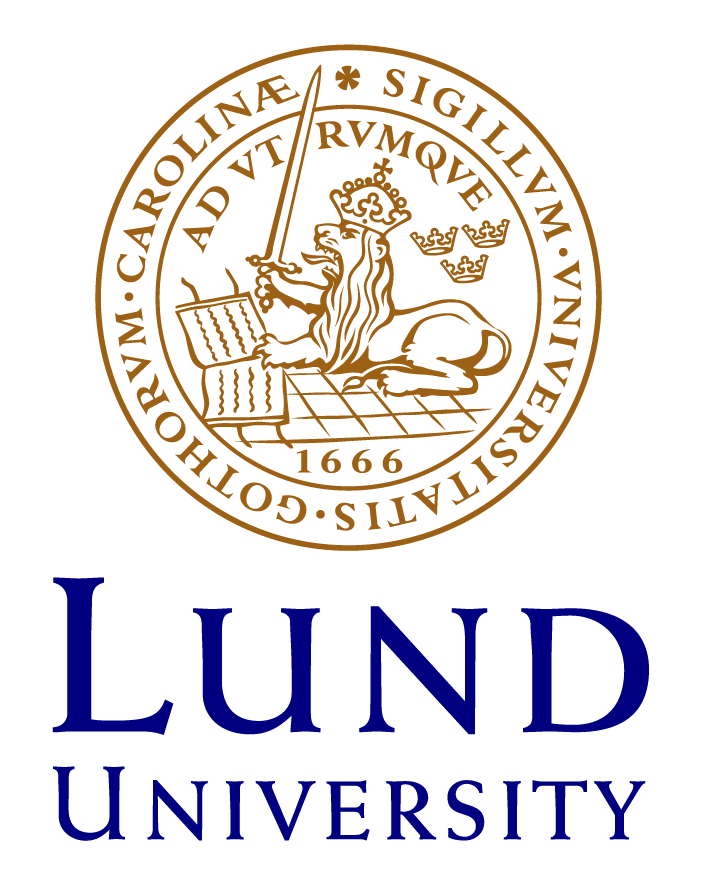Tid för ting
Keywords:
tid, kunskap, naturvetenskap, NO, mikroskop, posthumanismReferences
Barad, K. (2003). Posthumanist Performativity. Toward an Understanding of How Matter Comes to Matter. Journal of Women in Culture and Society 28 (3): 801-831
Carlone, H. (2003). Innovative science within and against a culture of ‘achievement’. Science Education, 87 (3): 307–328
Fenwick, T., Doyle, S., Michael, M., & Scoles, J. (2015). Matters of Learning and Education. Sociomaterial Approaches in Ethnographic Research. In Bollig, S., Honig, M., Neumann, S. & Seele,
C. (eds.) MultiPluriTrans in educational ethnography. Approaching the multimodality, plurality and translocality of educational realities. Bielefeld: Transcript: 141-162
Gunnarsson, K. (2015). Med önskan om kontroll. Figurationer av hälsa i skolors hälsofrämjande arbete. Doctoral Dissertation, Stockholm University
Hagerman, M. (2015). Käraste Herman. Rasbiologen Herman Lundborgs gåta. Stockholm: Norstedt
Haraway, D. (1987). A manifesto for Cyborgs. Science, technology, and socialist feminism in the 1980s. Australian Feminist Studies 2 (4): 1-42
Hultén, M. (2008). Naturens kanon. Formering och förändring av innehållet i folkskolans och grundskolans naturvetenskap. Doctoral dissertation, Stockholm University, Department of Education
Ideland, M., Axelsson, T., Jobér, A. & Serder, M. (2016). Helping hands? Exploring school’s external actor-networks. Conference paper presented at ECER conference, Aug 2016, Dublin, Ireland
Isling Poromaa, P. (2015). The significance of materiality in shaping institutional habitus. Exploring dynamics preceding school effects. British Journal of Sociology of Education 1 (19). http://dx.doi.org/10.1080/01425692.2015.1093406
Jobér, A. (2012). Social class in science class. Doctoral dissertation, Malmö University and Lund University
Jobér, A. (2016). Revising laboratory work. Sociological perspectives on the science classroom. Cultural Studies of Science Education 1 (21). http://link.springer.com/article/10.1007/s11422-016-9765-1
Jönsson, B. (2006). Guld. Stockholm: Bromberg
Latour, B. (2005). Reassembling the social. An introduction to actor-network theory. Oxford: Oxford University Press
Lundin, M. & Lindahl, M. G. (2014). Negotiating the relevance of laboratory work. Safety, procedures and accuracy brought to the fore in science education. Nordina 10 (1): 32–45
Mol, A. (2000). Things and thinking. Some incorporations of intellectually. Quest XIV 1-2. http://michiel.ipower.com/Quest_2000_PDF_articles/Quest_14_mol.pdf, assessed 17 May 2016.
Popkewitz, T. (2008). Cosmopolitanism and the age of school reform. Science, education, and making society by making the child. New York: Routledge
Röhl, T. (2015). Transsituating Education. Educational Artefacts in the Classroom and Beyond. In Bollig, S., Honig, M., Neumann, S. & Seele, C. (eds.) MultiPluriTrans in educational ethnography.
Approaching the multimodality, plurality and translocality of educational realities. Bielefeld: Transcript:121 – 139
Zogza, V. & Ergazaki, M. (2013). Inquiry-based science education. Theory and praxis. Review of Science, Mathematics and ICT Education 7 (2): 3–8


